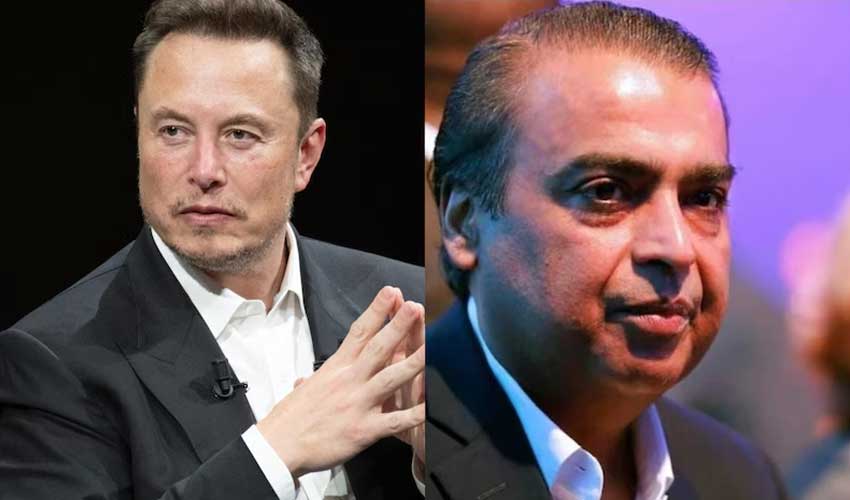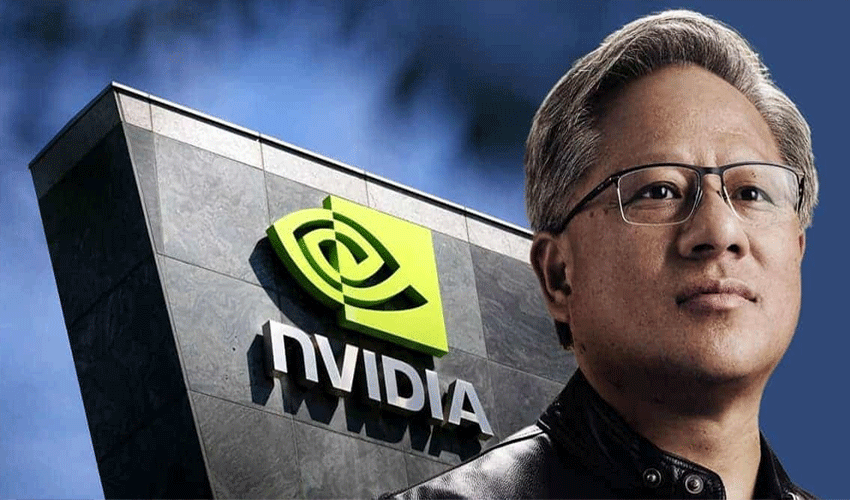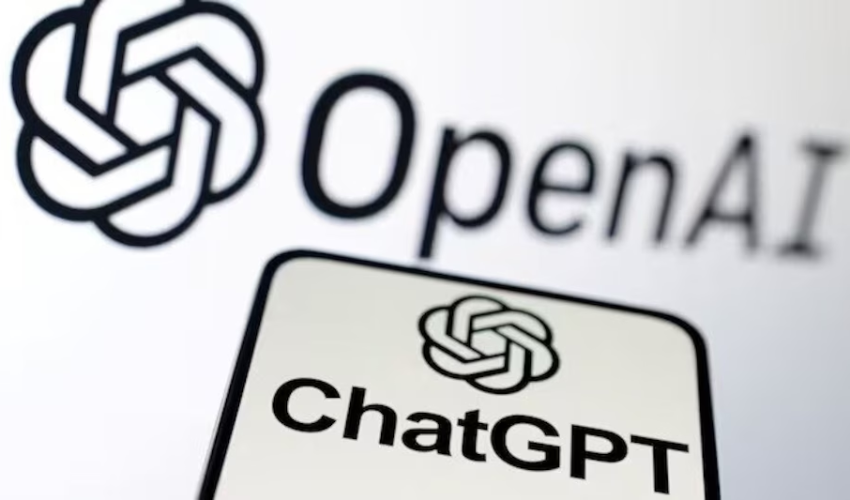A brewing dispute between Elon Musk and Mukesh Ambani has come to light over how India should allocate satellite broadband spectrum.
Musk, CEO of Starlink, has voiced his opposition to auctioning the spectrum, calling it an "unprecedented" move that contradicts international norms.
Musk took to X, the social media platform he owns, to argue that the International Telecommunication Union (ITU) designates this spectrum as shared for satellites. He stressed that the allocation should be handled “rationally, efficiently, and economically.”
Musk's stance contrasts with that of Reliance Industries, led by Ambani, which has reportedly lobbied for an auction-based allocation system.
Starlink, along with other global players like Amazon’s Project Kuiper, advocates for administrative allocation—where the spectrum is assigned without an auction. They argue that this aligns with global best practices and would speed up the growth of satellite broadband in India.
Reliance, on the other hand, has reportedly sent a private letter to India’s Telecom Regulatory Authority (Trai), challenging its inclination towards administrative allocation. Reliance contends that an auction would ensure a level playing field, especially with international companies like Starlink entering the market.
As Trai continues public consultations, the debate highlights the growing importance of satellite broadband in India, a market projected to reach $1.9 billion by 2030.



























